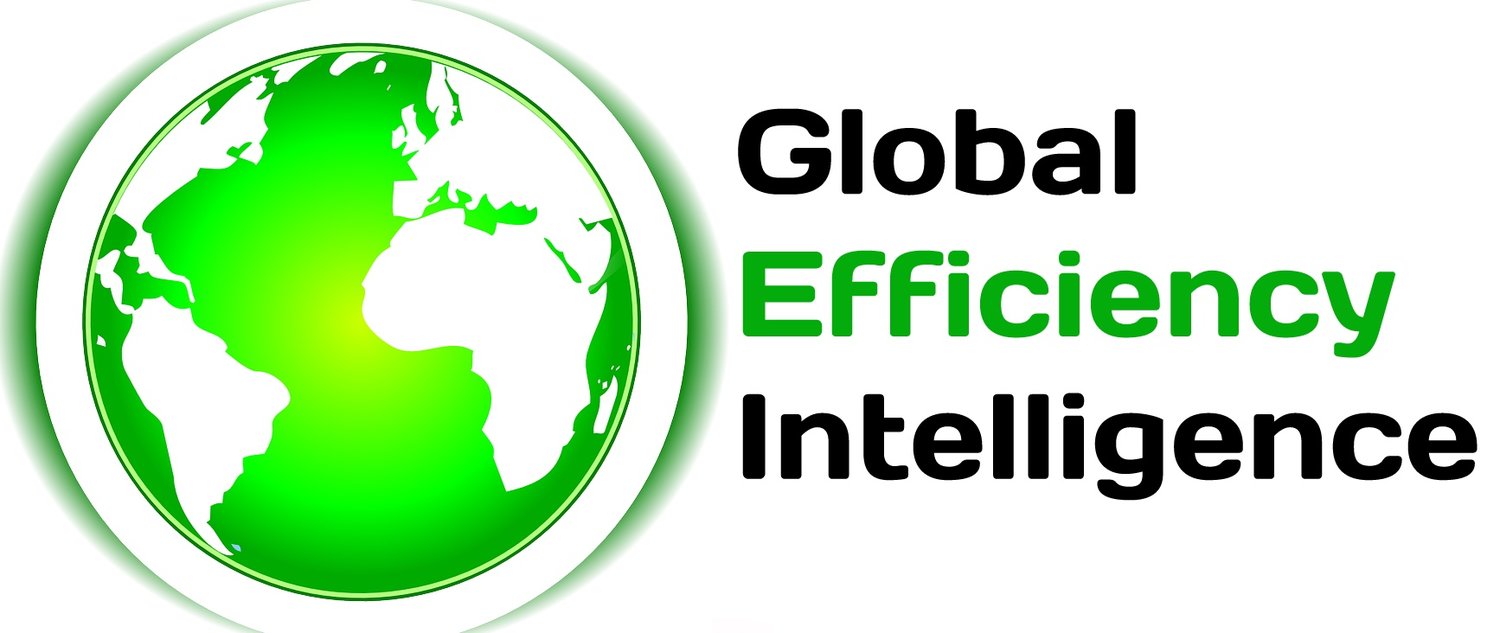Fostering Industry Transition through Green Public Procurement:
A "How to" Guide for the Cement & Steel Sectors
Authors: Ali Hasanbeigi, Astrid Nilsson, Gökce Mete, Germain Fontenit, Dinah Shi
Industry transition requires public policy support. Green public procurement (GPP) is a policy tool gaining a lot of attention. Governmental expenditure on works, goods and services is estimated to represent 14% of GDP in the EU 7 and up to 30% of GDP in developing countries, giving public procurement a colossal purchasing power. As public procurement of infrastructure such as buildings and bridges is often significant, the introduction of GPP policies could stimulate the demand for low carbon cement, concrete and steel products. With GPP, public authorities use their purchasing power to procure goods and services with reduced environmental impact, stimulating the market and rewarding businesses that have developed products and services with lower environmental impacts.
Use of GPP to support the development of a market for green commodities is a well-established policy measure in some countries, showing the market that there is willingness to pay for the anticipated green premium on these greener commodities.
There are many ways to design a GPP policy. In this brief report, jointly produced by the United Nations Industrial Development Organization (UNIDO) (GEI worked on this study as a consultant to UNIDO) and the Leadership Group for Industry Transition (LeadIT), we provide an overview of the key components of GPP policy design and methodologies for target setting. We aim for this study to be a “how to guide”. To do this, we provide evidence on the role GPP can play in accelerating emissions reductions from harder-to-abate industrial sectors with a focus on steel, cement and concrete, demonstrate international best practices, and explore the impact of a regional or global GPP procurement program on demand creation for low carbon products and materials.
To read the full report and see complete results and analysis of this new study, Download the full report from the link above.
This study provides a background to the Industrial Deep Decarbonization Initiative (IDDI). Under the leadership of the UK and India and participation of other countries, including Canada and Germany, the 12th meeting of the Clean Energy Ministerial witnessed the launch of a new Industrial Deep Decarbonization Initiative (IDDI). The initiative is coordinated by UNIDO and brings together a strong coalition of private sector partners and multilateral organizations, including Mission Possible Platform, LeadIT, IRENA and the World Bank. The IDDI aims to stimulate demand for low carbon industrial materials, like ‘green’ steel and cement, which are two of the most carbon intensive commodities on the planet. The initiative will work with governments worldwide to standardize a life cycle assessment of embodied carbon, set ambitious procurement targets and establish tools for comparing the environmental impact of industrial products. The IDDI will also host a campaign that enables unprecedented public policy making on market creation of low carbon industrial materials and generates commitments in one of the next frontiers in the race against climate change. Together, the stakeholders and governments involved in the IDDI are encouraging much needed public and private purchasing commitments in decarbonized steel and cement, and subsequent investment into the industrial transition.
Don't forget to Follow us on LinkedIn , Facebook and Twitter to get the latest about our new blog posts, projects, and publications.

